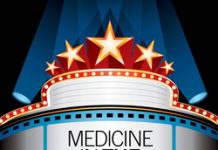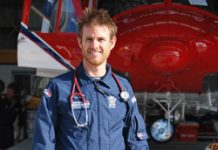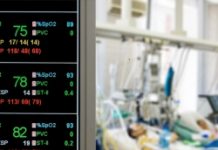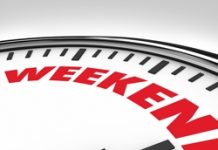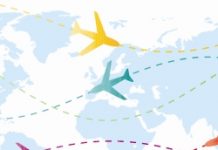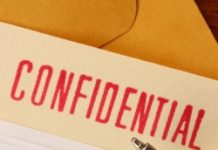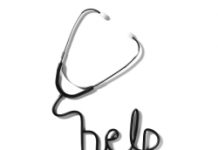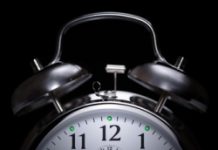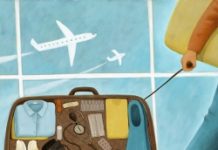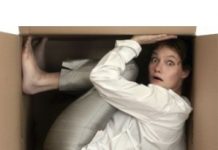 The Everest Test was to take place on a plateau next to Everest Base Camp at 5200m above sea level. The idea was to haul 30 players, three umpires, 10 supporters, an artificial wicket and all the cricket kit needed up to the plateau to play a game of Twenty20. We were also raising money for a couple of charities through sponsorship.
The Everest Test was to take place on a plateau next to Everest Base Camp at 5200m above sea level. The idea was to haul 30 players, three umpires, 10 supporters, an artificial wicket and all the cricket kit needed up to the plateau to play a game of Twenty20. We were also raising money for a couple of charities through sponsorship.
The expedition had snowballed in size and they needed a medical team. Although I didn’t have any formal expedition qualifications I’d taken myself to Virginia earlier in the year to do an ATLS course (the difference in cost compared to the UK course paid for the flight) and at medical school I’d taken part in an altitude research expedition to Bolivia (www.apex-altitude.com). After a couple of phone interviews I was in.
As it was a voluntary expedition I wasn’t paid and had to fund my own costs. However, with such a big group we had a goodsized discount and, of course, it was all in aid of a number of good causes. Another important consideration was medico-legal cost – though most firms will provide free cover if you’re working for a registered charity.
Planning is key
If you’re ever involved in an expedition the key is good planning. You can do a lot more from home than you ever can on the side of a mountain. We took detailed medical histories from every member of the expedition, spoke to specialists if necessary and prepared for any potential problems. It was surprising how many medical issues a group of 45 young people could have. We had a barrage of conditions ranging from endocrine to musculoskeletal to neurological.
We meticulously organised two medical kits: a general medical supplies bag and an emergency bag. I remember as a medical student being asked ‘if you were a GP what 10 drugs would you have in your bag?’. It was a little like that but on a larger scale. There was a lot to consider including antibiotics, a defib, resus meds, protective equipment, airway kit, dressings, sedatives, oxygen, fluids, IV access, antiemetics, rehydration sachets and even the emergency contraceptive pill.
A major concern was acute mountain sickness (AMS). The key to AMS is to ascend at a sensible pace but even then it can’t be completely prevented and there’s no way to predict who will be affected. We recommended that everybody took prophylactic acetazolamide before leaving the UK. The evidence is a little thin but the side-effects are minimal (other than a strange tingling sensation in the hands, feet and other extremities … not totally unpleasant to be honest).
The trek
The trek up took nine days and was hard work. We dealt with on-the-spot problems and ran a clinic every night. The majority of our time was spent dealing with AMS, exposure, exhaustion, dehydration, gastroenteritis and musculoskeletal problems. AMS is difficult to differentiate from exposure but if in doubt the patient didn’t ascend further for 24 hours. Thankfully the closest we came to emergencies were fluid resuscitations. It was a challenge to be out of my comfort zone. Where was the lab when I needed it? Where was the registrar? How do you put up a bag of fluids?
After nine days we reached our destination. Following a day of acclimatisation the game was played and we broke the world record. As the team doctor for Team Hillary I like to think that our 36 run victory over Team Tenzing was due to the peak physical condition that their doctor had got them there in.
The way back down wasn’t pleasant. We decided to try to get down in two days so we could have more time in Kathmandu but the group was struck with a noroviruslike infection. Infection control became an issue and we isolated anybody who was affected. Everybody had carried alco-gel throughout the trip and fortunately we had a couple of big top-up bottles in the medical supplies. We trekked for 14 hours a day and none of the doctors got much sleep on the nights. I think I probably broke the world record for the ‘number of antiemetic injections given in the buttocks over 48 hours’. I’m glad to say however that we got everybody back down in one piece.
I’m now a GP trainee in West London. The Everest Test was the most challenging, enjoyable and rewarding experience of my brief medical career. I plan on getting involved in more expeditions over the years. They take you out of your comfort zone and I came back to the NHS a more confident and better doctor. I can’t recommend this sort of trip strongly enough and there are plenty of opportunities out there.
Dr Ian Ditchburn


